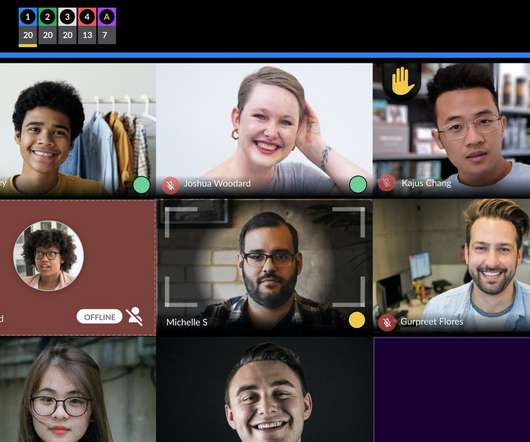MOOC Pioneer Coursera Tries a New Push: Selling Courseware to Colleges
Edsurge
OCTOBER 4, 2019
Coursera started with a mission to give the general public free access to courses from expensive colleges. The company, which was started by two Stanford University professors in 2012 and is now one of the most well-funded in the education industry , has always been highly picky about which colleges it works with to develop courses.

























Let's personalize your content